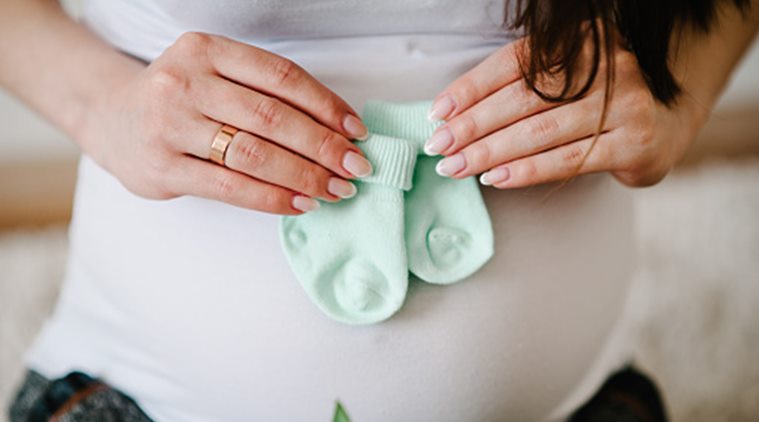The increasing age has a direct effect on the fertility of both men and women. The quality of the eggs and the sperms is also dwindled and stained which obstructs the proper development of the foetus.

By Dr Rita Bakshi
With women planning pregnancy later than before, there are often fertility challenges to be faced due to the biological cycle getting disturbed. Here are a few snags and difficulties that couples might bump into if they plan their baby after the age of 35:
1. Might take longer to conceive
With increasing age, ovulation becomes irregular and unpredictable, which over a period of time can result in infertility. There is no certainty of ovulation with increasing age as it becomes a lot more unpredictable. Thus, for people who try to conceive at a later age, it takes more time to conceive than usual.
2. Higher chances of complications
With age, one tends to develop more complications during pregnancy. One is often prone to even lifestyle diseases like thyroid, blood pressure and diabetes, which can have adverse effects on the baby. It is vital that the parents go through proper screening for a healthy baby.
3. Greater probabilities of a miscarriage
The increasing age has a direct effect on the fertility of both men and women. The quality of the eggs and the sperms is also dwindled and stained which obstructs the proper development of the foetus. Therefore, the risk of miscarriage and stillbirths increases because the potency level of the parents is uncertain with increasing age.
4. Health of the baby
A baby born to older parents is more prone to problems like Down Syndrome, respiratory problems, autism and several other respiratory challenges. Therefore, regular ultrasounds are conducted to ensure that the baby is healthy and sound.
If you are planning a pregnancy in your 30’s, then make sure you do the following:
· Make exercise and workout an important and mandatory part of your routine. Devote at least 45minutes of your everyday schedule in exercising and keeping yourself and the baby fit. Exercise really sustains and controls the excessive weight you put on during pregnancy, while keeping a check on your Body Mass Index (BMI). Workouts also keep the baby healthy. A combination of walking and yoga is the best during pregnancy.
· Stop consuming contraceptive pills at least six months prior to when you decide to conceive.
· Start consuming more of fibrous foods that help in proper movement of the bowel. Eat more fruits, vegetables, high protein and dairy products like milk, ghee, cheese and ice-creams. Expecting mothers should also eat more of monounsaturated fats.
· Manage and control your blood sugar levels as a drop in levels also leads to excessive release of adrenaline into the blood. The amalgamation of this hormone into the blood can block progesterone which can hamper the pregnancy. Progesterone really helps in pregnancy.
· Keep a check on your menstruation cycle and also on the days that you ovulate. This would ensure the right day you could conceive and it’s how prospective parents can probably decrease the time taken to get pregnant.
· Unhealthy lifestyle choices like alcohol and tobacco must be given up for both the parents. These can have a severe effect on the baby’s health. In addition to this, give up on fried foods as well and shed maximum body fat.
Also Read| Pregnancy dos and don’ts for each trimester, from a gynae
(The writer is Senior Gynaecologist and IVF Expert, International Fertility Centre.)
Source: Read Full Article





